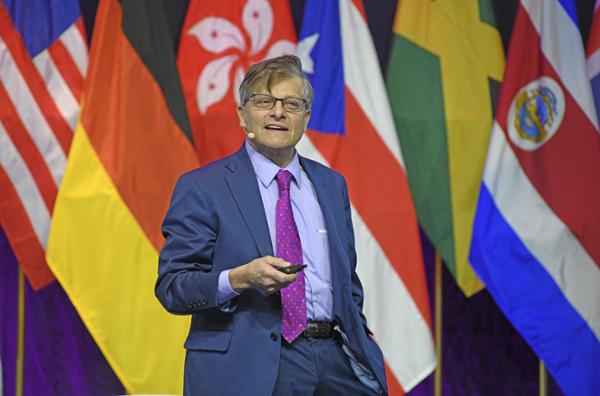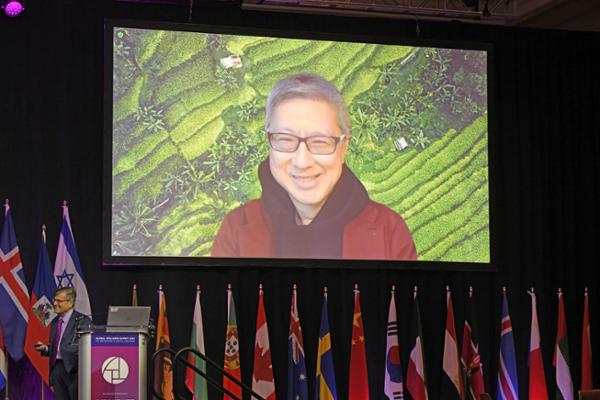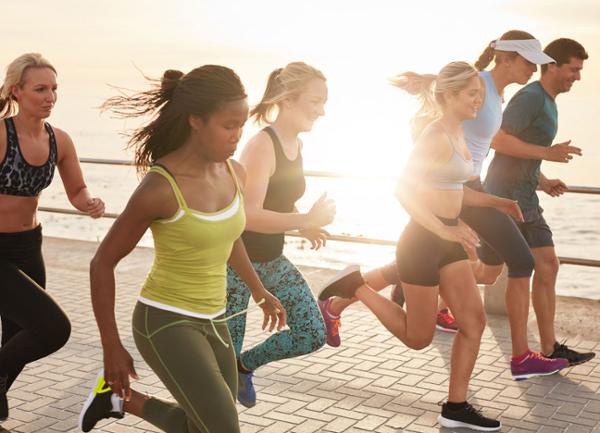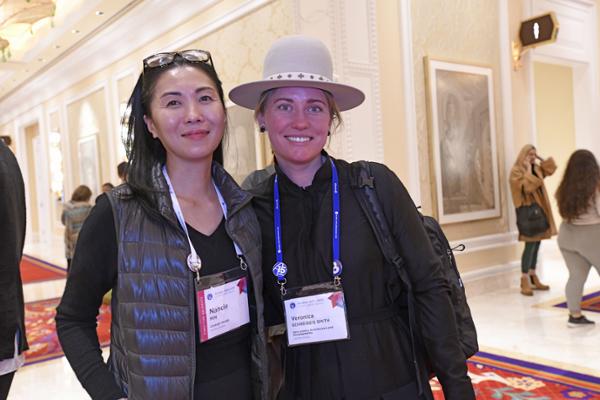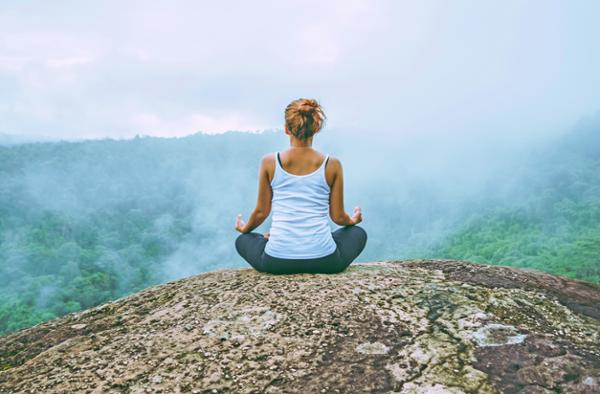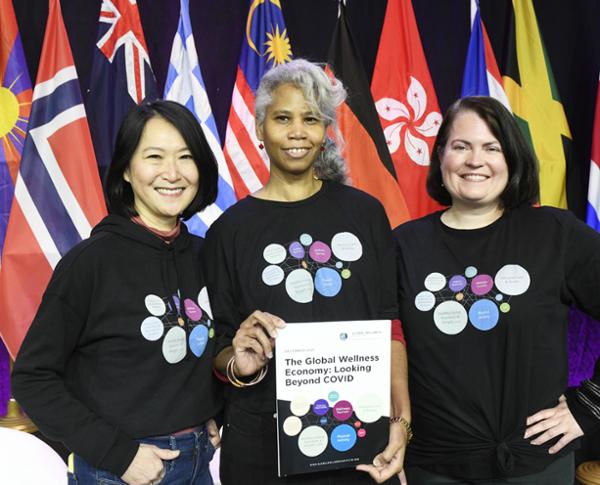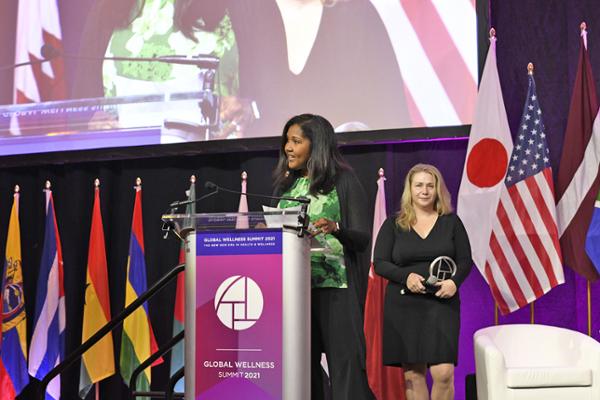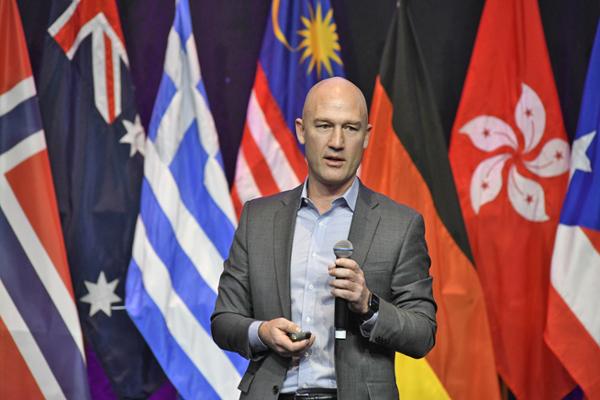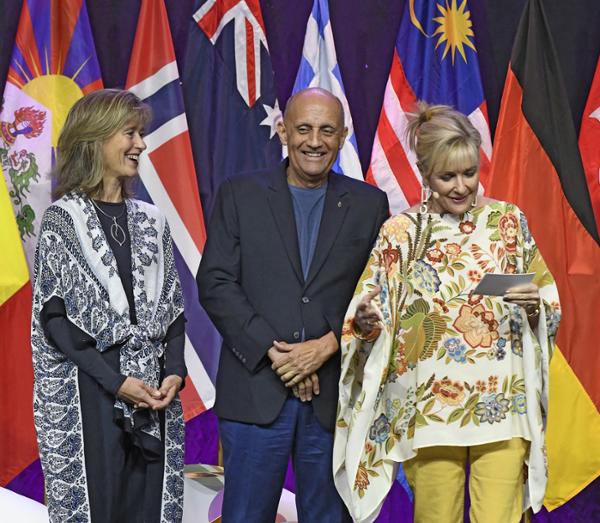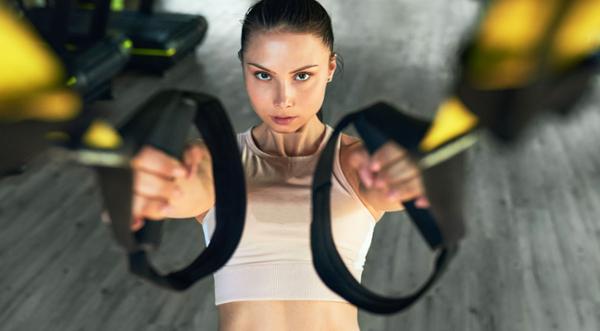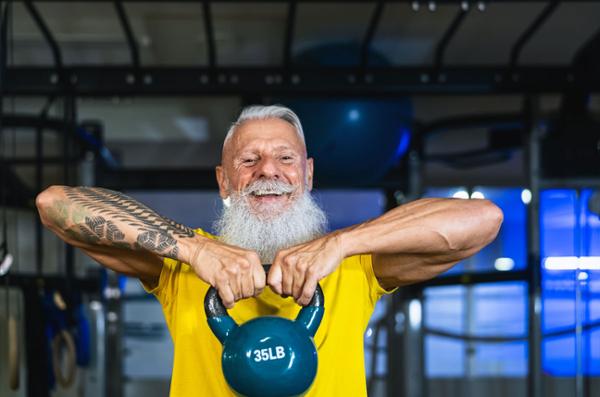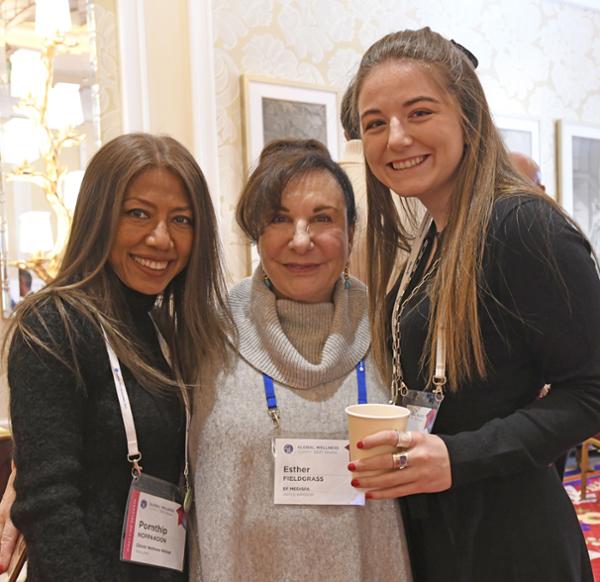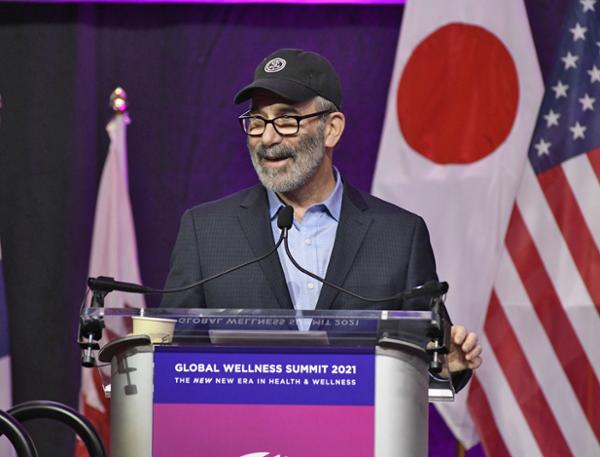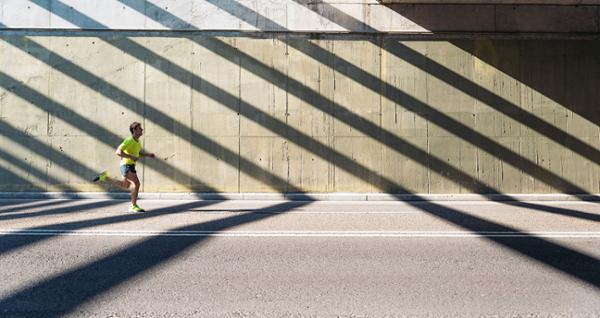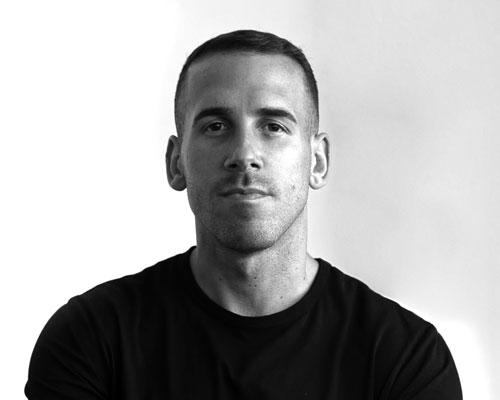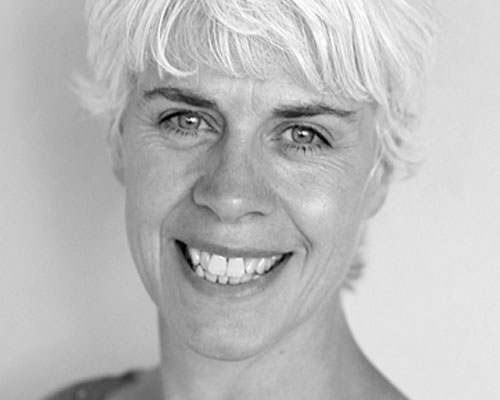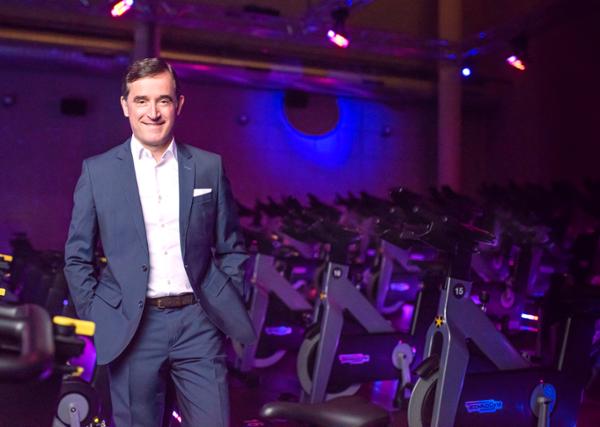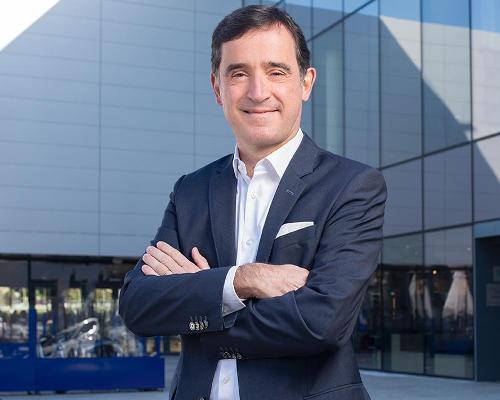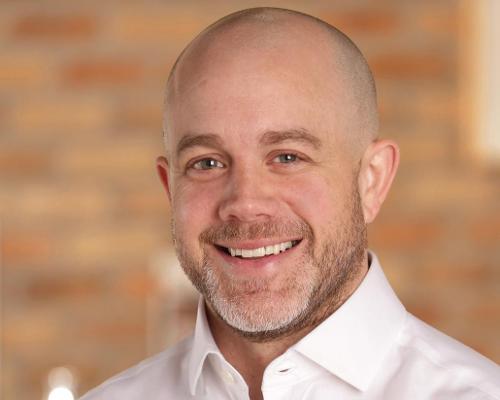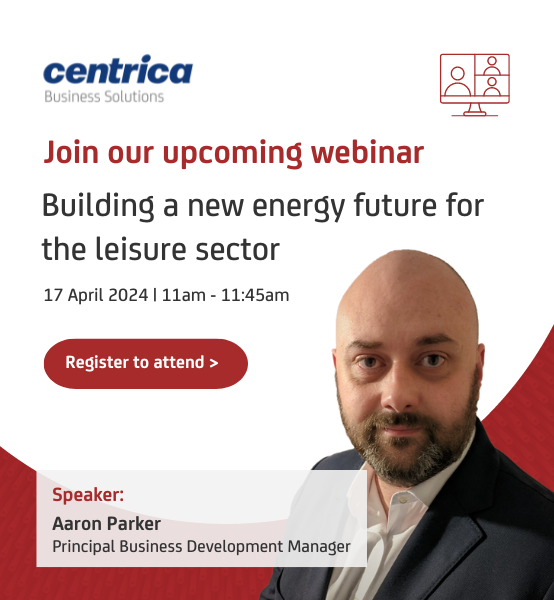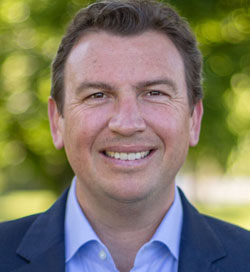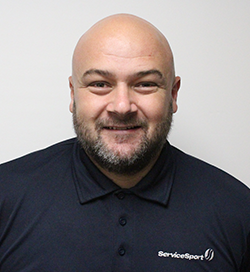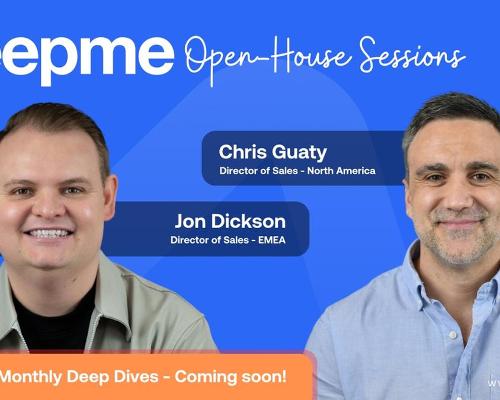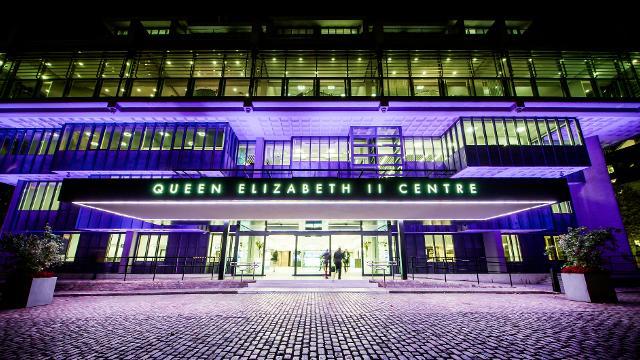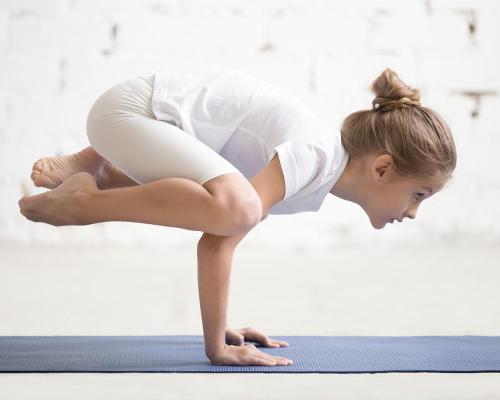features
Insight: Boston Strong
The Global Wellness Summit brought together public health and wellness experts in Boston recently. Jane Kitchen was there for HCM to see first-hand what this ‘New new era in health and wellness’ will look like for the sector
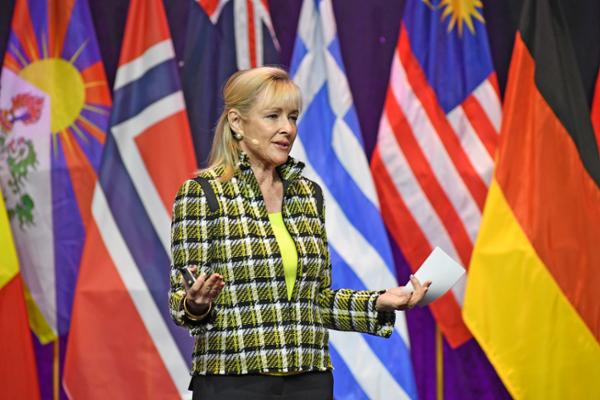
Let’s get this out of the way first: this Summit was not the international gathering of wellness minds from across the globe of pre-COVID days, when we used to jump on a transatlantic flight without a thought in our mind or a lateral flow test result in our hand. But it was, all things considered, a step in that direction.
The Summit’s theme, ‘A new new era in health and wellness’, was showcased with an impressive roster of speakers, as organisers took advantage of Boston’s reputation as a hub of academic and medical research to bring in an exceptional lineup.
Some of the top medical advisors from around the US were in attendance, including Summit co-host Dr Michael Roizen of the Cleveland Clinic; Dr Richard Carmona, 17th surgeon general of the US; and Dr Michelle Williams, dean of the faculty at Harvard TH Chan School of Public Health.
The agenda kept up with the times; several panels and speakers focused on women’s health and communities of colour and in this age of anxiety, new research on sleep health, breathwork, and the power of psychedelics for mental wellness were presented.
As would be expected, many of the speakers and panellists focused on how COVID has impacted our wellness – mental, physical and economic.
As it’s done since 2015, when the name of the Summit changed from the Global Spa & Wellness Summit to the Global Wellness Summit, this year’s programme took one small step further away from spa, to focus more on topics such as technology (set to be a big subject at the next Summit in Tel Aviv), wellness architecture and real estate, and bridging the gap between medicine and wellness.
Personal and planetary wellness
After the traditional opening of beautiful cinematography from filmmaker and mushroom-lover Louie Schwartzberg and a welcome from GWS CEO Susie Ellis, co-host, Cleveland Clinic’s Dr Michael Roizen, author of Real Age, opened the Summit with a bombshell: between 2020 and 2030, we’ll see an exponential increase in life expectancy of at least 30 years and by 2030, 90 will be the new 40, he said.
“We’ve extended life expectancy by two-and-a-half years every decade since 1890, when life expectancy was 40; now, it’s 78 or 79,” he explained. “Up to now, we’ve delayed ageing; now we’re going to be able to reverse it.”
Dr Roizen talked about the importance of lifestyle – exercise, nutrition and stress management – in making sure that if we’re living longer, we’re living longer ‘well’. He explained that physical activity affects which genes are on or off, stress management controls whether markers for inflammation are turned on, and we should “only eat food we love and that loves us back”.
“You are a genetic engineer for you,” he explained. “You, by simple lifestyle actions, can change whether genes that promote cancer are on or off.”
Co-host, tech billionaire, Victor Koo, who attended via video link from China, reminded us that human health, planetary health and animal welfare are all interconnected, that “there’s no true personal wellness without global wellness when it comes to pandemics” and that the density of factory farms increases the risk of more disease spreading. Importantly, he said, we’re facing the greatest threat to mental wellness since World War II.
“Humanity has looked for more and for better – with no end in sight,” he said. “But more countries are now realising that true wellbeing of citizens is a better way to measure success.”
Psychedelics, music and mental wellness
Schwartzberg also focused on the link between planetary and personal health. “What’s the benefit of living to 90 or 100 if we don’t have a planet that can sustain life?” he asked.
He is well-known to the GWS audience, who have delighted in his time-lapse footage of the natural world. Earlier in the pandemic, his film Fantastic Fungi was picked up by Netflix, inspiring viewers across the globe, and causing The Los Angeles Times to declare “mushrooms are the new superheroes.”
“Coming out of the pandemic, the most difficult thing to deal with was disconnection,” said Schwartzberg. “Mushrooms are an underground network, and the timing of that message couldn’t be better. We’re in a kind of mushroom zeitgeist culturally; they’re everywhere – skincare, coffee – mushrooms are a portal into understanding nature and how we need to live in harmony with the planet.”
But beyond that, Schwartzberg’s film – and his talk at the GWS – focused on the power of psychedelic mushrooms in helping people overcome PTSD. Dr Rick Doblin, founder and executive director of the Multidisciplinary Association for Psychedelic Studies, also spoke about new research into psychedelics and mental wellness, specifically, MDMA (known more commonly as the party drug Ecstasy) which he predicts will be approved by the US Food and Drug Administration for prescription by 2023. “Our goal is mass mental health, and that’s what we’re moving towards,” said Dr Doblin. “Psychedelics have been used for thousands of years, so it’s not surprising there’s value in them.”
Dr Doblin said that much as we’ve seen the mainstreaming of yoga and mindfulness, psychedelic use will soon follow. “If you’re not working in psychedelics now, you will be,” he told the audience.
If you’re not quite ready for micro-dosing at your club or spa, Freddie Moross, co-founder and CEO of Mynd Group, spoke about the importance of music for mental wellness and creating authentic connections – especially for millennials and Gen Z. Moross pointed to statistics showing that 35 per cent of Gen Z and 31 per cent of millennials have taken time off from work due to anxiety or stress since the start of the pandemic and are looking for support.
“We have a whole generation who are less comfortable taking risks – they’re anxious, fragile and depressed,” said Moross. “They have a digital ‘pacifier’. Music and audio can form a fantastic break from screens. Music as a tool for mental health can transcend cultural boundaries.”
Public health and mental wellness
This crisis in mental health – which was already an issue way before the pandemic and the war in Ukraine, but has been exacerbated by the events of the last few years – was echoed by many throughout the Summit. Music, mindfulness, breathwork and social connection were all offered as avenues to help heal the world – and from a business perspective, are all things that can be brought into a health club.
“The pandemic has exacted a toll on our global wellbeing,” said Dr Richard J Davidson, founder and director of the US-based Center for Healthy Minds. “In every single country in the world, the level of depression is greater than pre-COVID, and in many countries, it’s significantly greater.”
In conversation with Dr Roizen, Dr Davidson discussed the plasticity of wellbeing and the four pillars associated with different brain networks: awareness (our capacity to regulate our attention), connection (healthy relationships, kindness and gratitude), insight (curiosity and knowledge of oneself – a key to our wellbeing is changing our relationship with this narrative), and purpose (our core values and sense of direction in life). If we think of wellbeing as a skill – similar to learning how to play the violin, he said, then the key is practice, so the question is: can we develop a precision medicine for wellness?
Dr Davidson shared data from a new study that suggests that just five-and-a-half minutes of mindfulness a day was sufficient to create robust change – just slightly longer than most of us spend each day brushing our teeth. “We are in a serious crisis of wellbeing throughout the planet, and we need strategies to cultivate wellbeing urgently,” he said. “We need to take our minds as seriously as our teeth.”
Wellness real estate and senior living
Another area that was already underway before COVID but has exploded since the start of the pandemic is wellness real estate and architecture.
“The demand for healthy buildings was strong before COVID – during pandemic the demand has skyrocketed,” said Joanna Frank, founder and CEO of the Center for Active Design. “Where you live and where you work is having a measurable impact on your health, whether you’re aware of it or not.”
Frank said tenants are driving demand for healthy buildings across all segments – residential, commercial and industrial – and that according to a pre-COVID MIT study, certified healthy buildings get 4.4 per cent to 7.7 per cent more rent per square foot than non-certified and non-registered. “Health has become the baseline – investors are now seeing it as essential,” said Frank. “Investor sentiment around healthy buildings has changed massively because of COVID. Everyone’s eyes have been opened to the importance of public health.”
A panel on wellness architecture looked at the idea of ‘thin places’ – energetic areas where the physical and the spiritual are closely connected – but also delved further into biophilic design and its impact on creativity and stress management, and how COVID has shifted the demand for healthy buildings. “The cool new amenity in buildings is clean air,” said Joseph Allen, director of the Healthy Buildings Programme and associate professor at Harvard’s TH Chan School of Public Health. “We didn’t know how a lot of respiratory diseases spread, and there has been a full shift [since COVID].”
Chip Conley, founder of the Modern Elder Academy, spoke about the coming disruption in senior living. Conley – a seasoned hotelier who founded Joie de Vivre at age 26 and later helped put Airbnb on the map – is working on a regenerative community in Baja, Mexico, and said that ‘intentional communities’ are about to go mainstream, in part because the senior living industry doesn’t see that there’s an increased desire for community, wellness and purpose.
Community wellness
Community is also at the heart of wellness strategy when it comes to reaching people of colour; GWS advisory board member Dr Nicola Finley discussed how storytelling can be used to help sustain behavioural changes by creating meaning for past events. “Storytelling engages people’s intellect, but also their emotions, and it can be a way to promote healthy behaviour,” she said. “It’s particularly effective among racial and ethnic groups with a tradition of storytelling and a history of medical mistrust.”
Dr Michelle A Williams, dean of the faculty at Harvard TH Chan School of Public Health, spoke about the inequalities in healthcare – particularly in the US – that COVID exposed. “COVID has done something that has made the invisible more visible,” she said. “Race, ethnicity and your zip code all determined how well you made it through the pandemic.”
She also talked about the toll that COVID has taken on women’s lives, with a 25 per cent increase in violence against women during the pandemic. “We’re taking back four decades in the advances we’ve made for women as a result of this pandemic,” she said. “This has to be a moment that says public health equity justice should not be undervalued.”
An impressive panel on the economic impact of investing in women’s health featured Carolee Lee, CEO and founder of Women’s Health Access Matters (WHAM); Dr Robynne Chutkan, founder and CEO of the Digestive Center for Wellness; and Dr Suzanne Steinbaum of SRSHeart Inc. As Lee explained, women are not only 50 per cent of the workforce, they also control 60 per cent of wealth, 85 per cent of spending, and 80 per cent of healthcare decisions. “Women’s health is an economic issue that we cannot afford to ignore,” she said. “I believe women drive the economy – yet women are an understudied species and totally underrepresented in health studies.”
Lee went on to tell a stunned audience that it took an act of US Congress in 1993 for the National Institute of Health (NIH) to include women in their research, and it wasn’t until 2016 that the NIH required female test subjects to be included in medical research.
Dr Chutkan went on to discuss the ways in which the female digestive tract is completely different from the male (we have a longer colon and a wider pelvis, which is a lot more crowded by our reproductive system, and there are hormonal differences). With all we know about the gut microbiome these days, these differences are more important than ever. “The health of our microbiome is inextricably tied to the health of our bodies,” said Dr Chutkan. “We have seven-times more nerve cells in our gut than in our spinal cord, and most serotonin is made in the gut. We’re animated by our microbiome.” And while there has been much discussion about the gut/brain connection, Dr Steinbaum talked about the important connections between the mind and the heart. “It’s really about how we live, and stress management is a big part of that,” she said. “The cardiology community really needs to look at people holistically. We’re a treatment-driven society, and we need to be a prevention-driven society.”
American TV personality and CEO of State of Menopause, Stacy London, talked about the need for “an entire menopause ecosystem” that resides at “the corner of self-care and healthcare.”
“Between 45 and 60 we’re becoming culturally irrelevant – you can start to feel you’re losing who you were,” she said. “Knowledge, education and information are essential to the impact of menopause.”
Sleep and breathwork
Sleep expert Dr Michael Breus enlightened us on the importance of understanding your chronotype in thinking about sleep health, and the importance of a ‘body movement schedule’ for consistent energy throughout the day. Dr Breus suggested stretching movements in the morning, shaking mid-morning, bouncing after lunch, building mid-afternoon, and balance movements before bed. In the end, he said, it comes down to the simple fact that your “energy gains have to outpace your energy drains”.
But, he explained, those gains can sometimes come from unexpected places. “You’d be shocked at how much energy an act of kindness gives you,” he said. “And laughter changes your perspective; music changes your entire energy pattern.”
Dr Rebecca Robbins, a sleep specialist from Harvard Medical School and Brigham and Women’s Hospital in Boston, said that while sleep deficiency costs the United States US$411bn (€371bn, £301bn) and the EU €680bn (US$754bn, £563bn) in lost productivity each year, only 10 per cent of workplace wellbeing programmes address the need for sleep health. This fatigue cost has become even more pronounced since the pandemic began, said Dr Robbins, with 39.3 per cent of Americans reporting disturbed sleep due to COVID, 40.9 per cent reporting adverse mental conditions, and sleep medication sales up 18 per cent since the pandemic. Aside from its impact on the workforce and on our physical health, “sleep is a back door to improving mental health,” said Dr Robbins.
Mickey Beyer-Clausen, founder of circadian rhythm app Timeshifter, brought Dr Steven W Lockley, a neuroscientist at Brigham and Women’s Hospital, and former NASA astronaut Mike Massimino on stage to announce the debut of a Timeshifter for shift workers, who suffer negative consequences by having their circadian rhythm disrupted. Shift workers are less productive, have high absenteeism, weakened immune systems, a 30 per cent increased risk of accident or injury, and are three times more likely to be hospitalised due to COVID, said Beyer-Clausen.
These statistics are a window into the importance of circadian rhythm. “We have never been so distracted from our biology, and it genuinely disrupts our health and wellbeing,” said Beyer-Clausen. “We’re working to build a future where our individual circadian time is synchronised with our clock time.”
Beyer-Clausen stressed that everyone has an individual circadian rhythm, and in future, we’ll use it to inform our lifestyle. He said: “Circadian time is affecting all of us – soon you’ll take your vaccine, train for a marathon, and plan your diet and exercise based on your circadian time,” he said.
The power of breathwork
Dr Andrew Huberman, professor of neurobiology and ophthalmology and psychiatry at Stanford University School of Medicine in California, outlined ways for highly effective mind-body control using breathwork. Common variables in breathwork include rate, intensity, nasal versus mouth, inhale and exhale ration, and ribcage expansion versus diaphragmatic breathing. “Meditation and breathwork can change the mechanical and the chemical,” he explained.
Bathing your cells in dopamine and serotonin is completely different from bathing them in cortisol and adrenaline, said Dr Jeffrey Rediger, assistant professor at Harvard Medical School and author of Cured: How to heal your life. “A lot of us live in chronic fight-or-flight mode, and we’re not even aware of it.”
Dr Rediger’s book looks at evidence around people with incurable illnesses who have suddenly healed, and why this happened. “As doctors, we’re trained to make a diagnosis and prescribe medicine, but we don’t understand how people heal,” he said. “There’s nothing spontaneous about spontaneous remission – everything has a cause, it’s just that we’re not asking the right questions.”
His research showed it was the people who have made major shifts in lifestyle and perception who changed outcomes. “There’s huge relevance in this for the 85 to 90 per cent of illnesses we treat as incurable, but which in fact are lifestyle-related and reversible: diabetes, heart disease, cancer, lung disease, and autoimmune illness,” he said.
For John Nosta, president of NostaLab and an expert on the field of digital health, the future is clear. He said: “Our path to wellness and longevity will be driven not just by spinach and yoga, but by technology.”
Mia Kyricos of Kyricos and Associates left us with some pointers on where the industry should be heading, calling for a new role of ‘chief wellbeing officer’ to change the culture. She added: “It’s time to make wellness part of our DNA.”
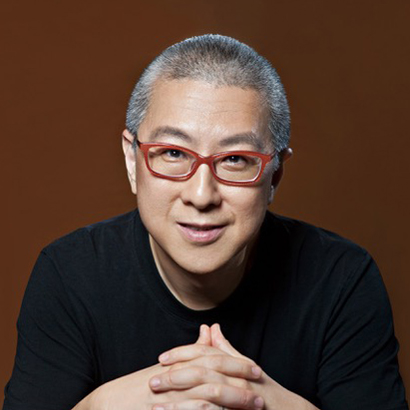
"More countries are realising that true wellbeing of citizens is a better way to measure success" – Victor Koo
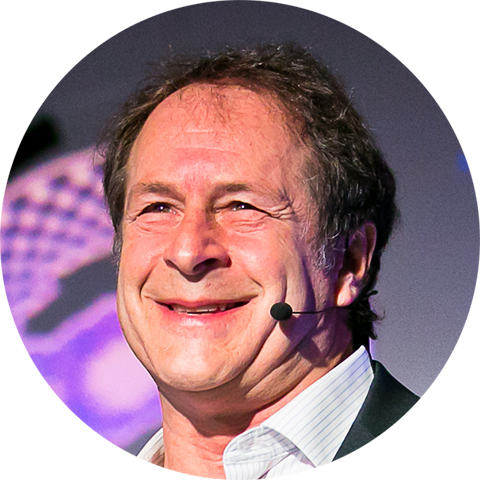
"There will be spas where people will go for massage and meditation and micro-dosing with psychedelics" – Dr Rick Doblin
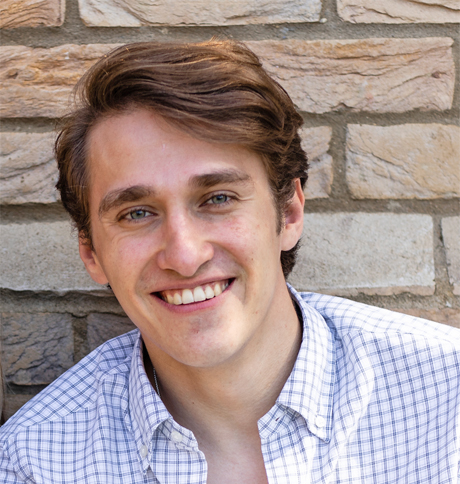
"We have a whole generation who are less comfortable taking risks – they’re anxious, fragile and depressed" – Freddie Moross
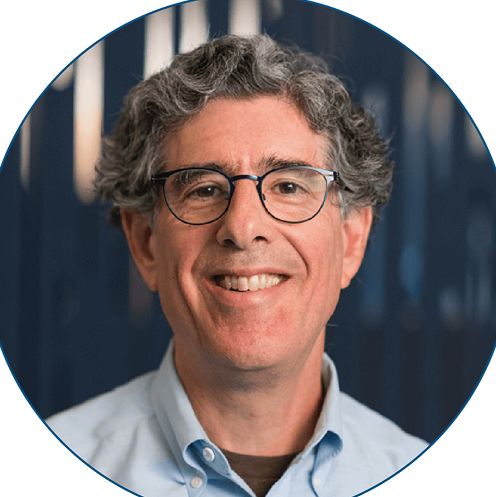
"In every country in the world, the level of depression is greater than pre-COVID, and in many, it’s greater" – Dr Richard J Davidson
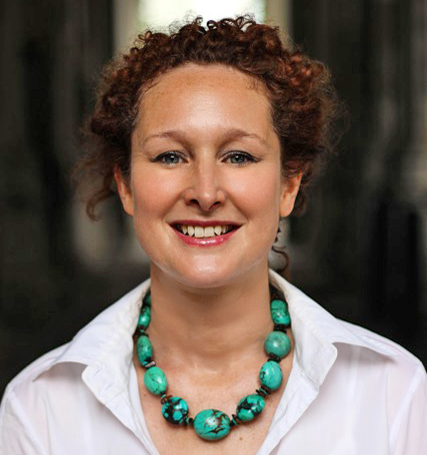
"Health has become the baseline – investors are now seeing it as essential" – Joanna Frank
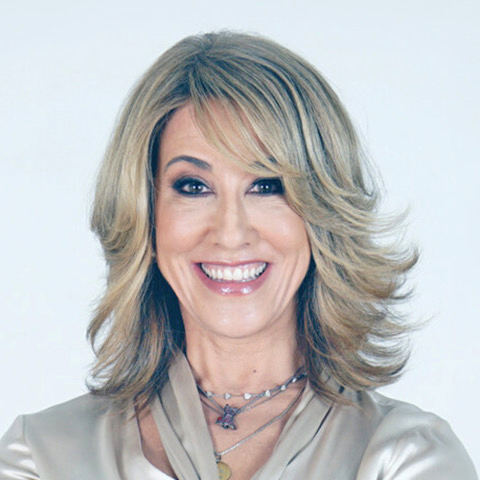
"We’re a treatment-driven society and we need to be a prevention-driven society" – Dr Suzanne Steinbaum
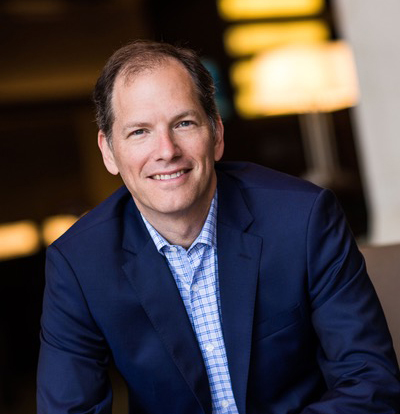
"Energy gains have to outpace energy drains: stretch in the morning, shake mid-morning, bounce after lunch, build mid-afternoon and balance before bed" – Dr Breus
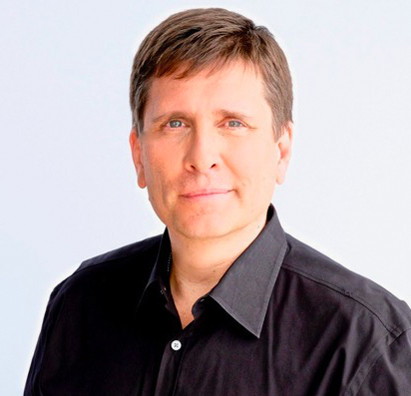
"Our path to wellness and longevity will be driven not by spinach and yoga, but by technology" – John Nosta, NostaLab
